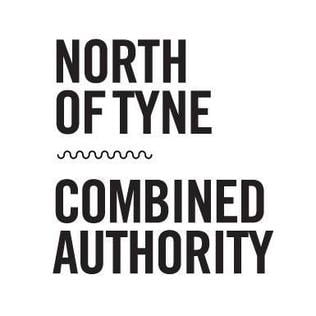Energy Saving Trust was commissioned to develop a robust evidence base to better inform a business case for a large-scale housing retrofit programme. The first task was to assess the current state of the housing stock in the North of Tyne.
Home Analytics was used to benchmark homes in the NTCA against regional and national trends. This profiling included property attributes which were provided by the Home Analytics dataset, including building fabric, heating systems, SAP characteristics, local area conditions and deprivation.
Extracts of this database were produced for the NTCA and its constituent authorities (Newcastle City Council, Northumberland County Council, North Tyneside Council) and made available to them via interactive dashboards and a key findings review.
The next task was delivered in partnership with Frontier Economics and Accelar. It included the following objectives:
- profiling the current North of Tyne housing stock using
- modelling retrofit pathways to achieve net zero
- identifying and shortlisting relevant funding options
- estimating the potential impact on local employment
To determine the types of interventions required for the NTCA to achieve net zero, each home was classified into one of 67,000 unique archetypes. The Portfolio Energy Assessment Tool was then used to model an optimal package of retrofit measures for each archetype, with key outputs such as the anticipated investment cost, carbon savings and energy efficiency improvements.
Energy Saving Trust investigated two main retrofit scenarios. The Business as Usual scenario assumed a continuation of historical trends in retrofit funding and delivery in the North of Tyne. The Net Zero scenario assumed extensive energy efficiency and lower carbon heating system upgrades with the goal of achieving net zero emissions. The retrofit analysis was used to quantify the retrofit activity, costs and savings associated with the net zero commitments in current approach to home retrofits in the area.
The significant gap in funding between the BAU and Net Zero scenarios, will require alternative funding sources, including private finance. To identify existing and forthcoming finance models which could be suitable for funding retrofit activity in the North of Tyne, Accelar conducted a rapid ‘meta study’ style literature review. From this research, more than 60 individual funds were identified and classified into 19 overarching funding models.
While a full econometric modelling exercise was beyond the scope of this project, the NTCA expressed interest in obtaining headline estimates of the effect each retrofit scenario may have on local jobs.
To support this workstream, Frontier Economics developed a step-by-step methodology for assessing the potential employment effects of an increased scale of domestic retrofitting activity in the NTCA. A report was produced which included recommendations for:
- calculating the direct and indirect jobs supported by the programme, over a business-as-usual scenario
- assessing the opportunities to promote diversity and inclusion
- assessing the net employment impacts, taking into account displacement and substitution effects.
Using the outputs of Energy Saving Trust’s retrofit modelling, the results indicated that the scale of activity required to reach net zero by 2050 has the potential to support between 1,500 and 3,500 full-time equivalents in the retrofitting sector from 2022 up to 2030, and between 2,500 and 5,800 FTEs from 2030 to 2050.

